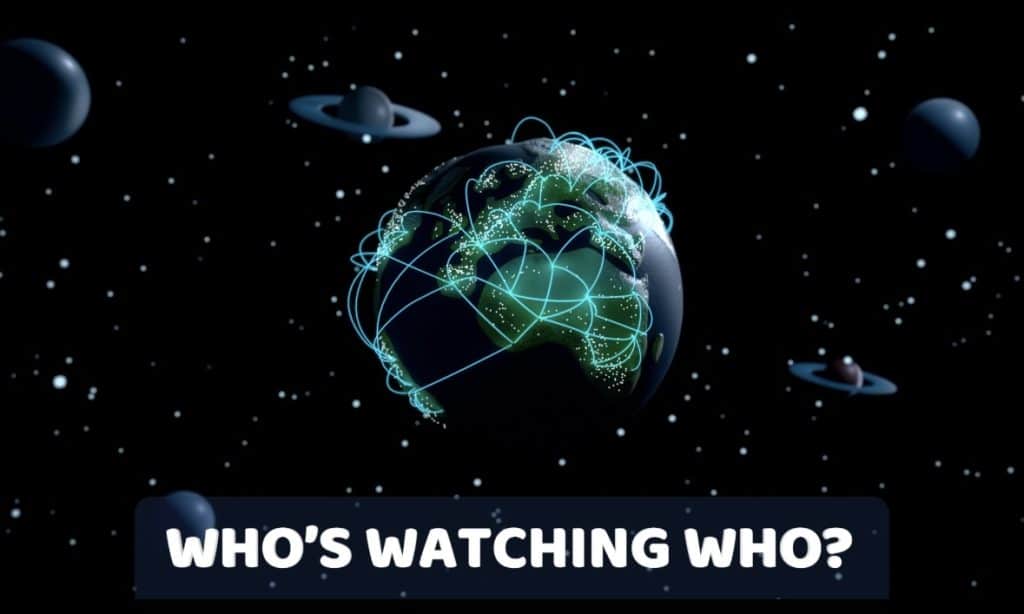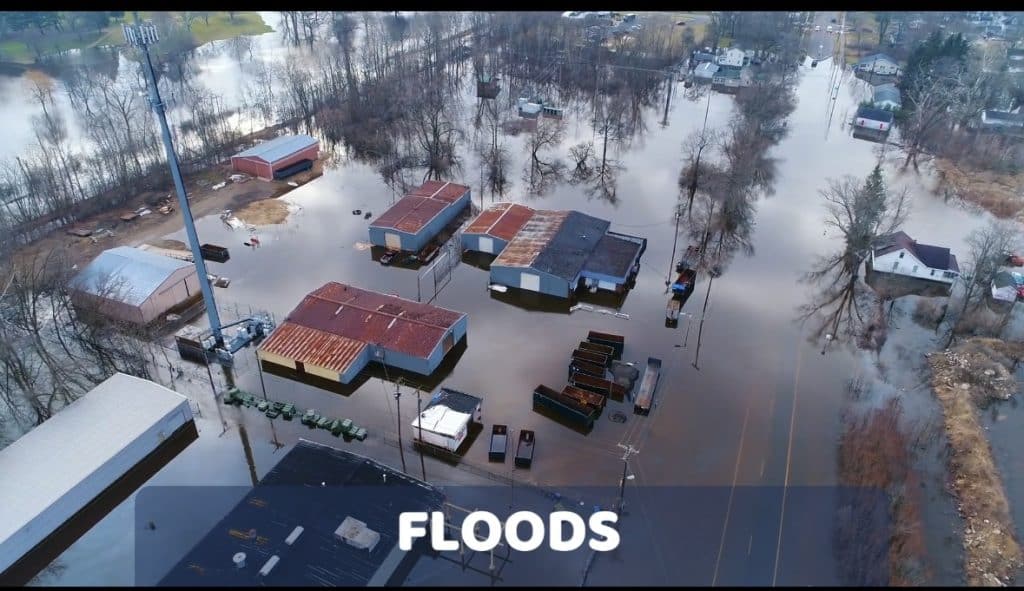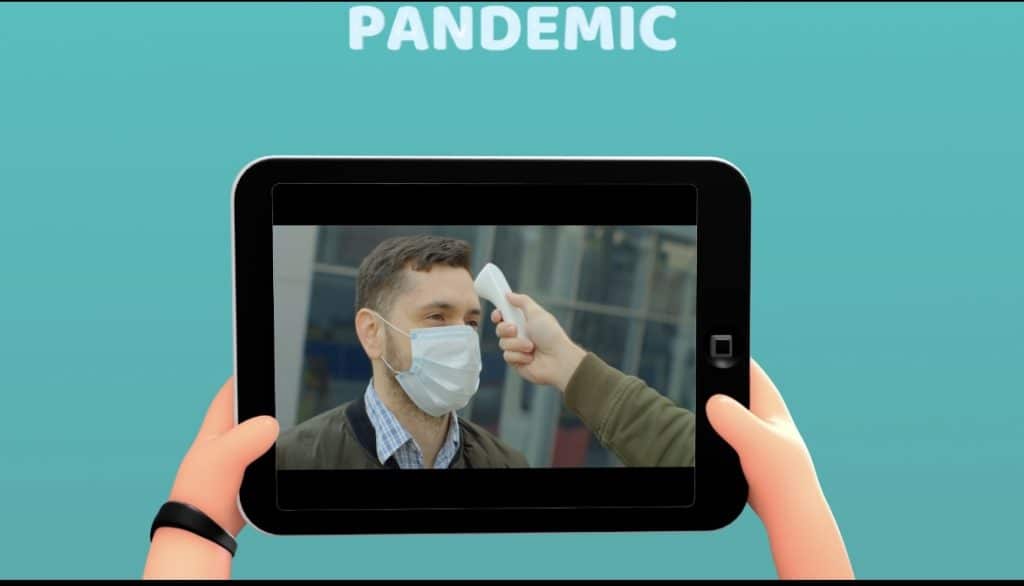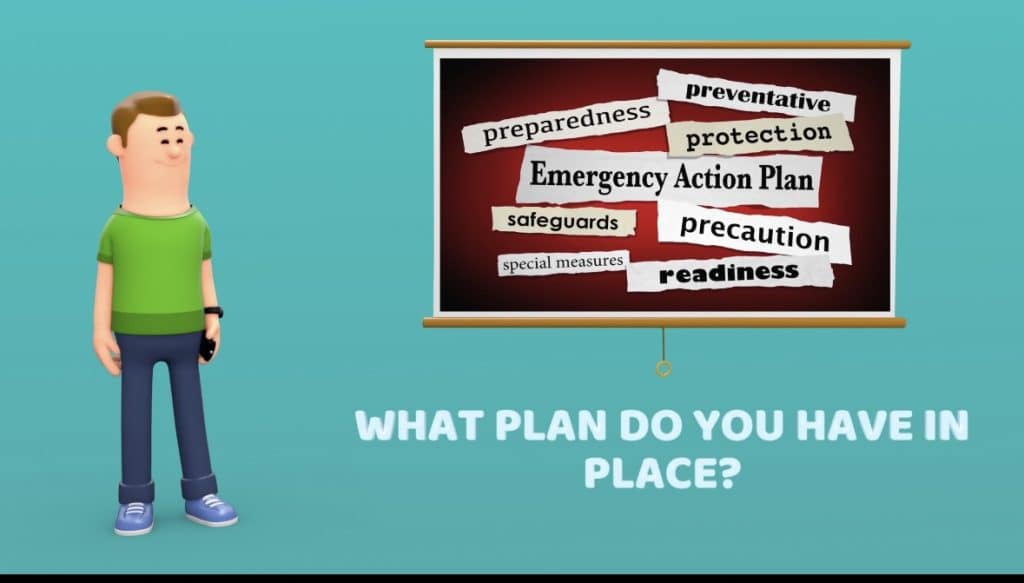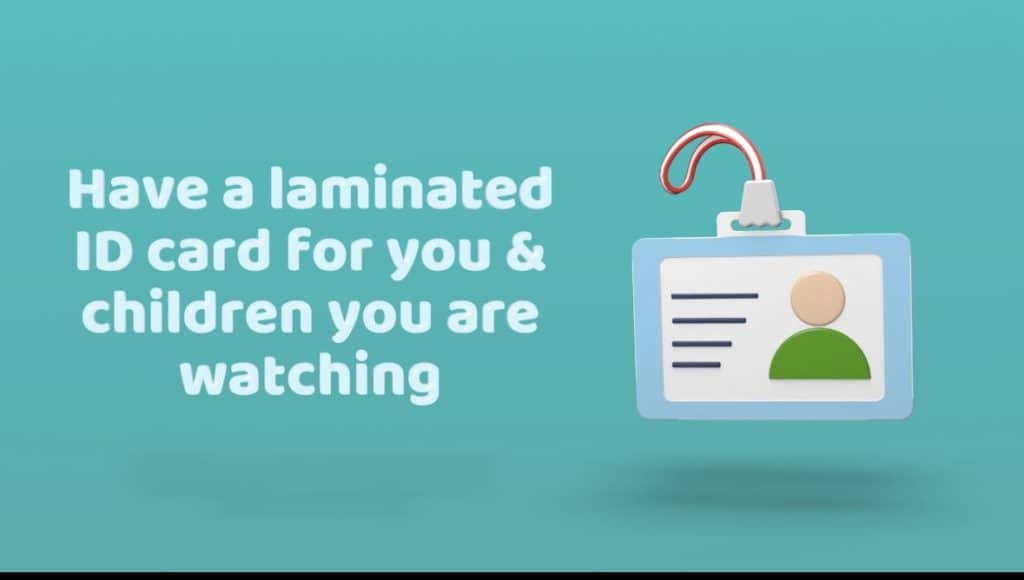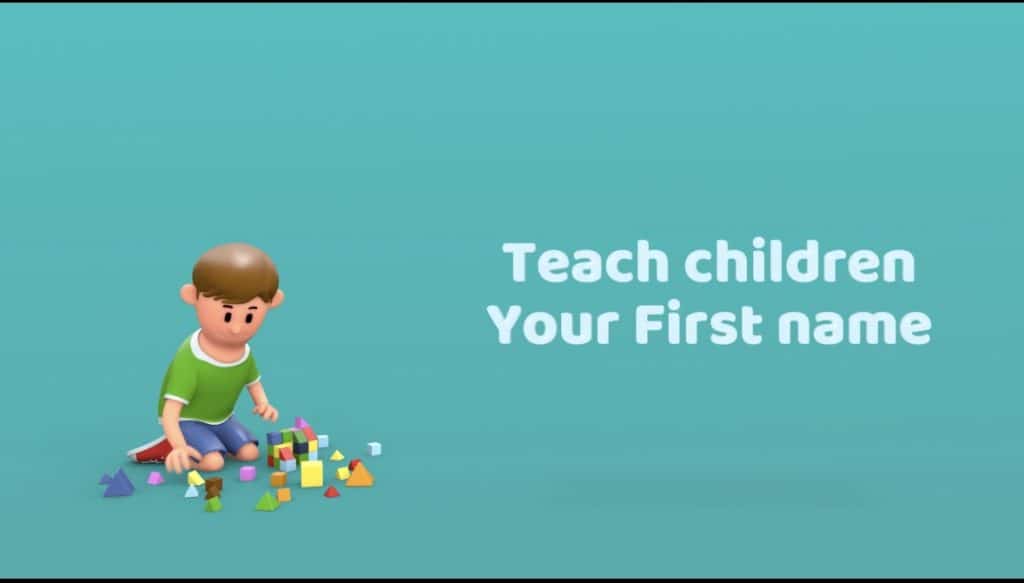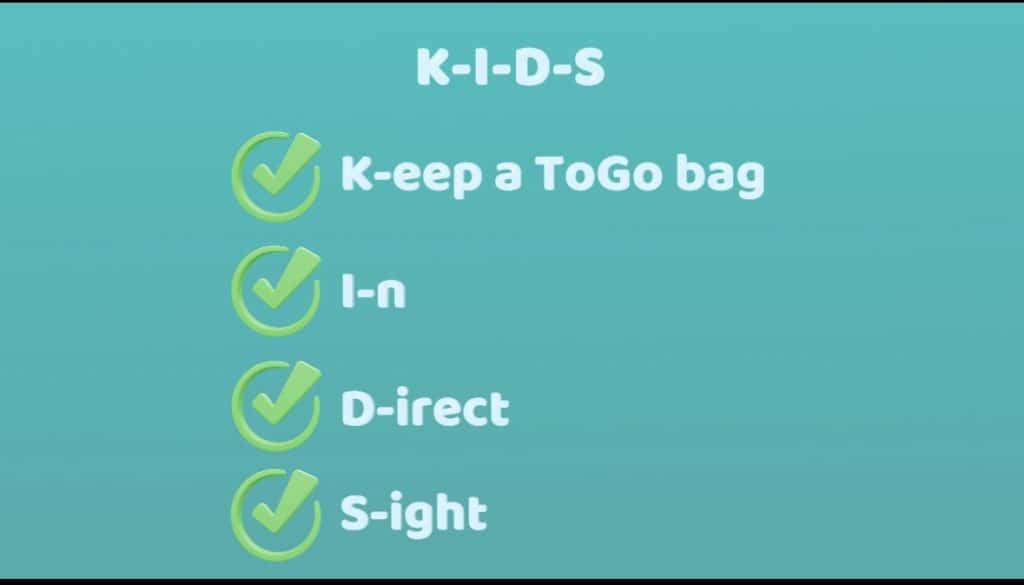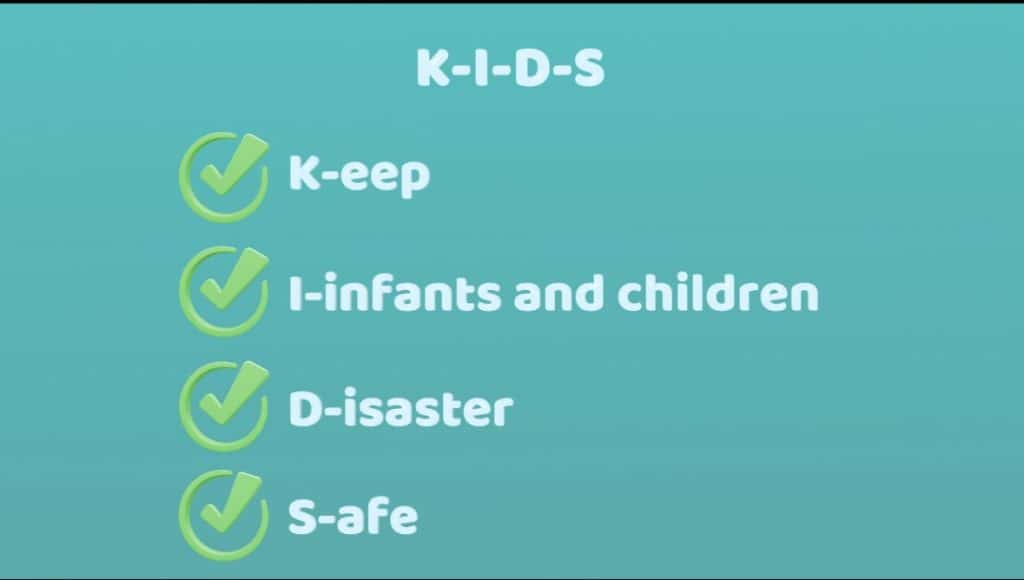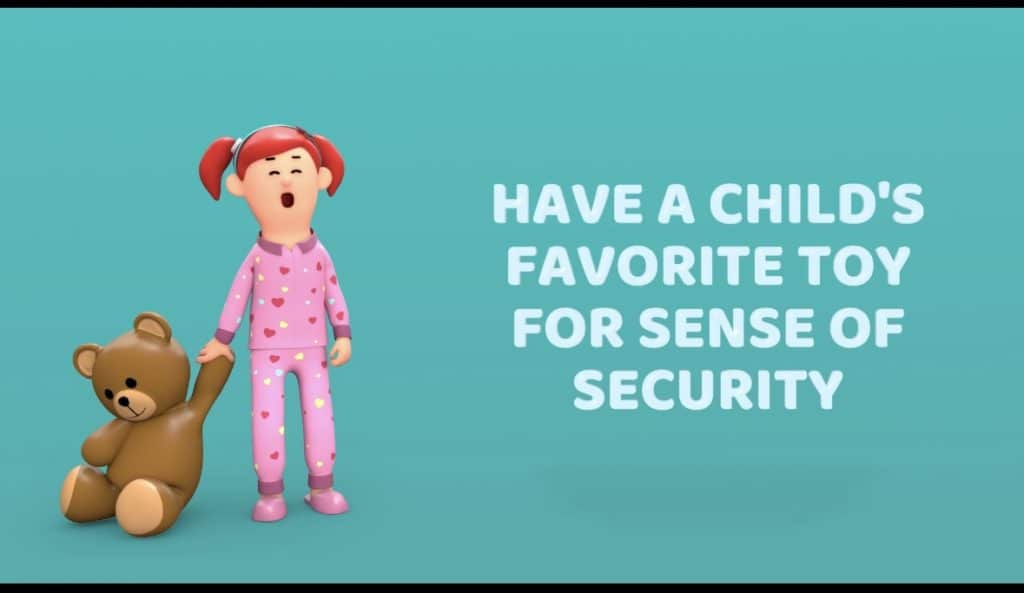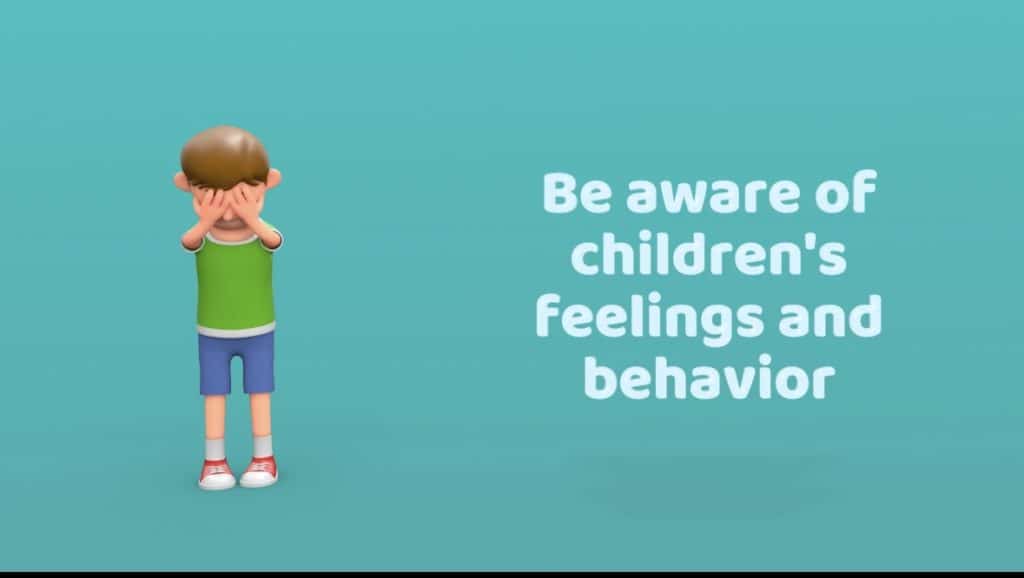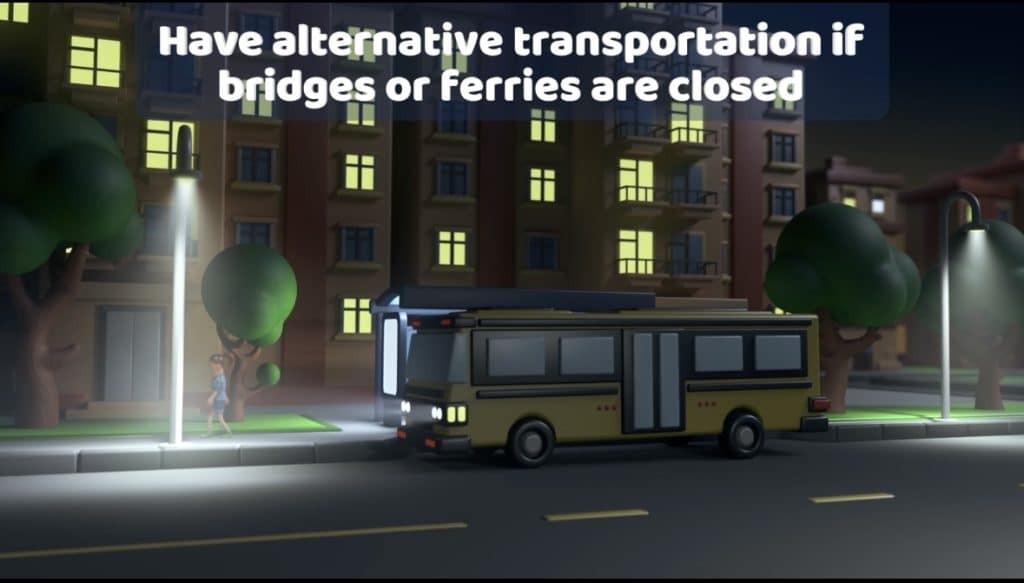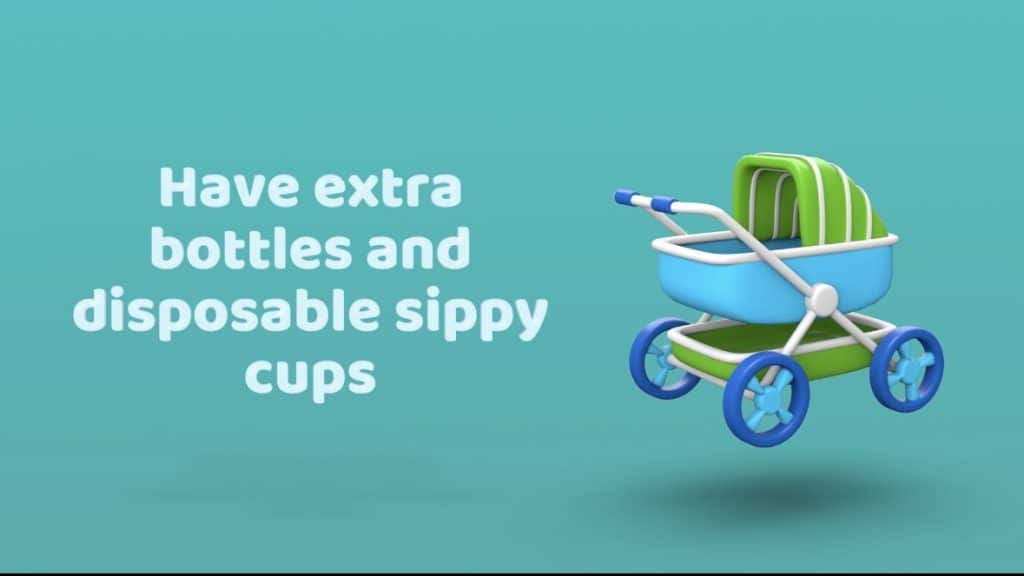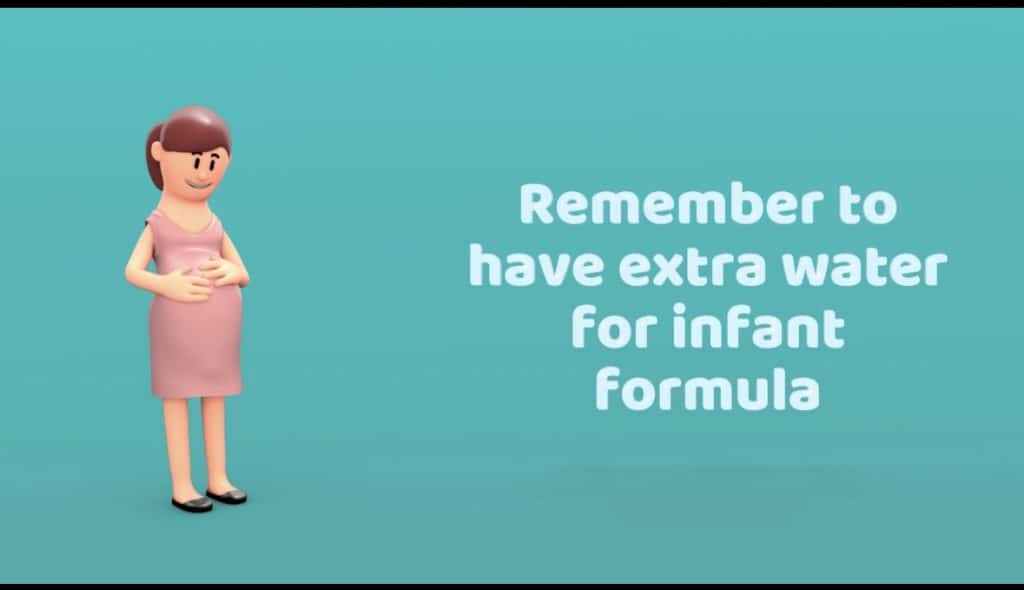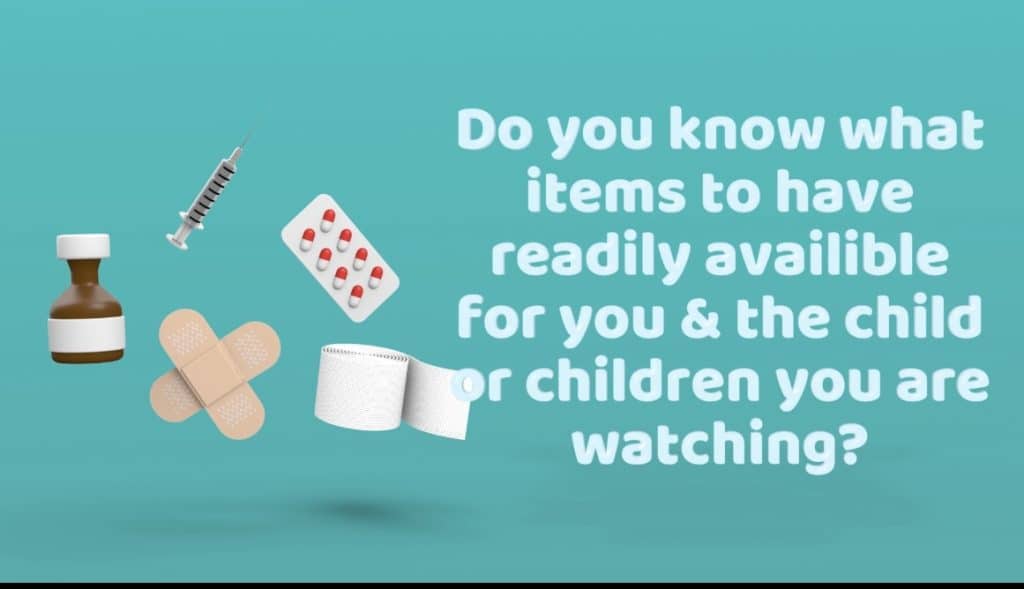This article is provided by a learned and passionate colleague:
Alexandra Hoffmann-Steiman DNP, FNP-BC completed her doctorate at Wagner College. Her capstone project entitled, “Educational Intervention on Easing the Burden of Emergency Preparedness of Caregivers Over the Age of Sixty-five Taking Care of Children” was completed in December 2020 during the height of the COVID 19 Pandemic. She is employed as a Family Nurse practitioner and Substitute Doctoral Lecture with The College of Staten Island. Her dissertation highlighted the need for grandparents and caregivers responsible for taking care of young children to be well prepared.
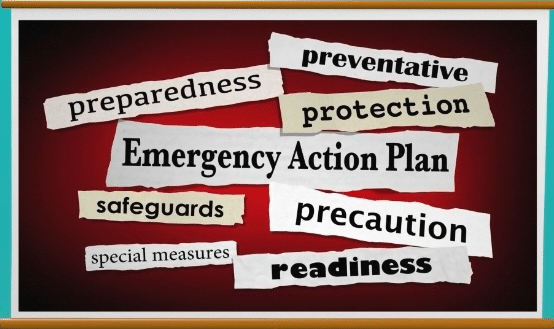
September is national disaster month. Disasters strike at any time! Disasters can be natural, technological, or human caused. Storm surge, floods, wildfires, hurricanes, pandemic, cyberattack, and school bomb threat and shooting emergencies. Disaster situations arise can happen and develop in an instant without any warning. The purpose of her study was to examine the preparedness of senior caregivers of children they watch that are associated with poor preparedness in the event a disaster were to arise. The majority of this generation is employed and often leave the care of their offspring with older adults who have retired. Parents rely on caregivers for extra assistance when daycare and schools remain closed. She developed an educational video to educate caregivers on what to prepare and have in place in the event of an impending emergency. Most older adults minding children did not know the weight in pounds of the infant or child to correctly dose medication on hand or have a laminated identification card along with documentation guardian or parental consent readily available. Her study found the majority did not teach children their first name and referred to alternate general grandparent nicknames. A designated meeting place was not discussed in the event of separation and extra supplies pertinent to the child or infant did not exist. The aims of this study highlighted the importance of including appropriate pediatric resources in emergency disaster planning and response, educating the senior population about being prepared while caring for the child in the event of an impending disaster occurs, and provides resources and best practices that will assist senior population when planning for disaster. Her education video, “Who’s Watching Who?” highlighted important items to have such as child size rain boots, clothes, formula, diapers, sippy cups, extra children’s medication in an informative eight minute that engaged this population. A mnemonic memory aid to help them remember and visual imaging was showcased.
“KIDS= K-eep, I-infants and children, D-iaster, S-afe, and K-keep a ToGo bag, I-n, D-Direct, S-ight”.
Her video educates the general public on having a manual can opener, extra flashlight with batteries, portable charger, extra pair of glasses or hearing aid, checking expiration dates on stockpiled items, having a passport, coins and keeping a ToGo bag with all supplies close for a quick evacuation and in an accessible location. Disaster Preparedness is critical for survival! Dr.Hoffmann DNP, FNP-bc looks forward to disseminating her project to senior centers and childcare centers to build resilience and reduce the risks associated by being unprepared.
